Prostatitis describes a group of diseases that can be acute, chronic, or asymptomatic. They are infectious diseases of the prostate gland that affect the male population. The functions of the prostate are mainly related to fertility. The prostate in the male body is located between the bladder and the rectum. When there is an infection in the prostate area, it is prostatitis.
The cause of acute prostatitis is usually bacteria, which causes inflammation. In the case of chronic prostatitis, the causes can vary and are not fully known. Prostatitis is characterized by pain in the perineal area and difficulty urinating, but it can also be asymptomatic. Treatment consists mainly of taking antibiotics. Untreated prostatitis can cause serious complications, so it is better not to delay treatment.

Prostatitis arises as a result of inflammation associated with various factors. The disease can present in an acute form with increased pain symptoms or in a mild form. Causes of prostatitis include:
A bacterial infection is the most common cause of prostatitis, both acute and chronic. It is usually caused by Gram-negative bacteria such as Escherichia coli![]() and less commonly by Gram-positive bacteria such as Staphylococcus aureus
and less commonly by Gram-positive bacteria such as Staphylococcus aureus![]() . Fungal and viroid aetiologies are also considered, although such cases are rare. Bacteria are transmitted by various means, usually entering the skin of the anal and perineal area and then being transferred to the external urethral outlet area.
. Fungal and viroid aetiologies are also considered, although such cases are rare. Bacteria are transmitted by various means, usually entering the skin of the anal and perineal area and then being transferred to the external urethral outlet area.
Identifying the cause of chronic prostatitis can be more complex. Some researchers suggest that prostatitis may be related to an autoimmune process. Sometimes, due to certain disorders, the immune system treats the body's cells and tissues as a threat and launches an attack against them to destroy them. Elevated levels of proinflammatory cytokines![]() in seminal plasma have been observed in some patients. Inflammatory cytokines may regulate the immune response.
in seminal plasma have been observed in some patients. Inflammatory cytokines may regulate the immune response.
Chronic prostatitis may also be related to the urinary tract, specifically the process of dysfunctional high-pressure voiding![]() . During prostatitis, pain symptoms come from the genitourinary system, which means the urinary system may also be involved. Some suggest that the causes indicate anatomical or physiological lower urinary tract obstruction. Urethral stricture or internal sphincter dyssenergia may be the cause of inflammatory symptoms.
. During prostatitis, pain symptoms come from the genitourinary system, which means the urinary system may also be involved. Some suggest that the causes indicate anatomical or physiological lower urinary tract obstruction. Urethral stricture or internal sphincter dyssenergia may be the cause of inflammatory symptoms.
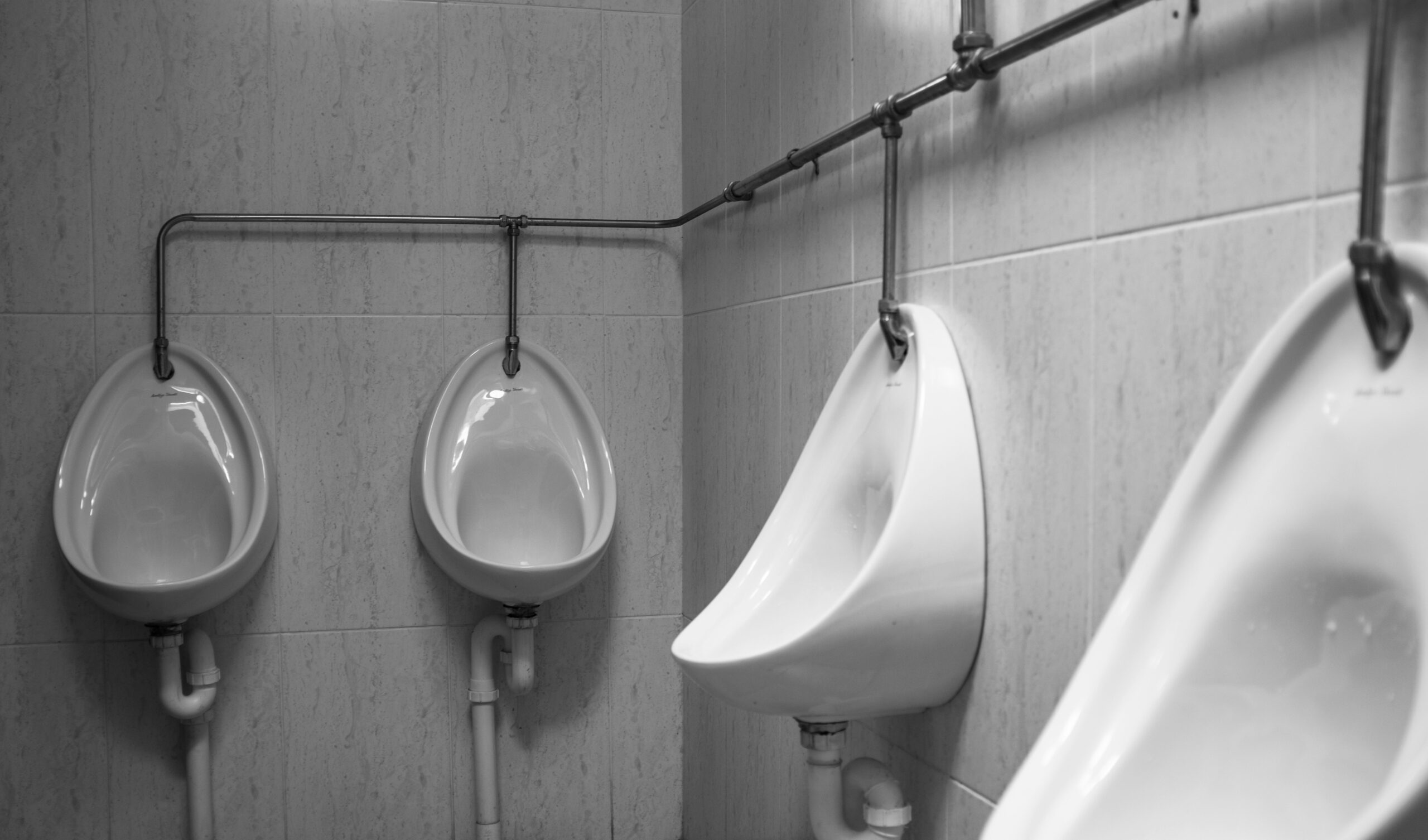
Another cause of chronic prostatitis may be intraductal reflux. Urinary reflux involves the backflow of urine from the bladder into the ureters. Sometimes, the urine backs up into the kidneys, causing progressive damage to the kidney parenchyma. This reflux condition can lead to chronic inflammation and tissue swelling, resulting in voiding disturbances![]() .
.
Further factors for chronic inflammation include a neuromuscular problem![]() . Some researchers suggest that prostatitis pain symptoms are neuropathic, meaning that a malfunction of the nervous system causes the pain. Therefore, prostatitis has a neuromuscular etiology, possibly related to reflex sympathetic dystrophy.
. Some researchers suggest that prostatitis pain symptoms are neuropathic, meaning that a malfunction of the nervous system causes the pain. Therefore, prostatitis has a neuromuscular etiology, possibly related to reflex sympathetic dystrophy.
Researchers also need to consider the psychological factors involved in developing many diseases. Factors such as chronic stress![]() and emotional disturbances can influence inflammation in the body. In some cases, prostatitis has an entirely non-bacterial form. The etiology of such cases is not fully understood, and emotional disturbances or prolonged stress can also impact the condition. Indeed, it has been noted that stress harms health.
and emotional disturbances can influence inflammation in the body. In some cases, prostatitis has an entirely non-bacterial form. The etiology of such cases is not fully understood, and emotional disturbances or prolonged stress can also impact the condition. Indeed, it has been noted that stress harms health.
Depending on the cause and type of prostatitis, the occurrence and intensity of symptoms can vary. In the case of acute prostatitis, the symptoms are usually more intense, and the pain can be severe and intractable. In contrast, with chronic prostatitis, the disease is milder but persists over a long period and is resistant to treatment. Symptoms of prostatitis include:

Acute inflammation usually presents with sudden signs and symptoms of infection, whereas chronic inflammation is often more subtle. Pain can occur in the perineal area, rectum, penile root, pelvis, or spine. In addition, there may be pain and burning during urination. The prostate is tender even when gently touched and may hurt on physical examination. Sometimes, there is also a feeling of discomfort and pain during ejaculation.
In prostatitis, urinary tract symptoms are also present. Patients may experience pain during urination, more frequent urinary urgency, and a weak urine stream. These are common symptoms described under the term dysuria![]() , meaning a general difficulty passing urine. Patients urinate in drops or a weak or intermittent stream. Dysuria may be accompanied by dysuric symptoms such as a burning sensation in the urethra and a constant urge to urinate.
, meaning a general difficulty passing urine. Patients urinate in drops or a weak or intermittent stream. Dysuria may be accompanied by dysuric symptoms such as a burning sensation in the urethra and a constant urge to urinate.
Acute prostatitis also presents with systemic symptoms that can be misinterpreted. These include uncharacteristic symptoms such as fatigue, fever, muscle aches, and chills. It is easy to distinguish between acute and chronic inflammation, as only local symptoms are present in chronic prostatitis, while systemic symptoms are absent.
In addition to symptoms indicative of inflammation, prostatitis can also cause sexual dysfunction. Conditions such as erectile dysfunction![]() , impaired sexual desire
, impaired sexual desire![]() , and orgasmic dysfunction
, and orgasmic dysfunction![]() are observed in some patients with prostatitis. Such symptoms significantly impair private life and relationships with partners. As a result of these unpleasant, painful symptoms, prostatitis is a severe condition for men that reduces the quality of their lives. It often leads to mental health problems, such as depressive states.
are observed in some patients with prostatitis. Such symptoms significantly impair private life and relationships with partners. As a result of these unpleasant, painful symptoms, prostatitis is a severe condition for men that reduces the quality of their lives. It often leads to mental health problems, such as depressive states.

Prostatitis is a disease that occurs most often in young and middle-aged men, as well as in seniors. There are four diagnostic classifications of prostatitis, distinguishing between acute and chronic bacterial forms and prostatitis of other origins, sometimes referred to as chronic pelvic pain syndrome and asymptomatic inflammatory prostatitis. Patients with one episode of bacterial prostatitis are more likely to progress to chronic prostatitis. The diagnosis depends on the presence of symptoms, which are described in the medical history. A urologist most often makes the diagnosis. Therefore, investigations, in addition to the physical examination, include:
Above all, a urinalysis is necessary to perform a urine culture, especially when urinary symptoms are present. Bacteria, which cause inflammation, can be detected in the urine. Notably, a midstream urine analysis is performed on patients, and the best material for testing is the first-morning urine. If patients are suspected of having an STI![]() , tests for pathogens such as N. gonorrhea and C. trachomatis can also be performed.
, tests for pathogens such as N. gonorrhea and C. trachomatis can also be performed.
Sometimes, blood cultures or a complete blood count may be necessary. In prostatitis, such investigations are essential in patients with comorbidities like diabetes. A lactic acid test and metabolic panel are also performed.
In patients with prostatitis, imaging studies are not always necessary but can be helpful in some cases. Imaging studies such as CT or TRUS![]() should be considered in immunocompromised patients at risk of sepsis. Also, when patients deteriorate despite treatment, imaging studies should be performed. TRUS or transrectal ultrasound of the prostate gland is practical in this case. Its primary purpose is to assess the prostate gland's volume and structure and identify any pathological changes in the organ.
should be considered in immunocompromised patients at risk of sepsis. Also, when patients deteriorate despite treatment, imaging studies should be performed. TRUS or transrectal ultrasound of the prostate gland is practical in this case. Its primary purpose is to assess the prostate gland's volume and structure and identify any pathological changes in the organ.

Alternatively, semen samples with culture are performed in prostatitis. A general semen examination is helpful because it also aims to diagnose abnormalities that may lead to infertility early. After treatment of prostatitis, semen parameters often improve, and the man regains fertility.
Urodynamic investigations involve several essential tests. They are performed using catheters inserted through the urethra into the bladder and the rectum into the bowel. Although the tests may be considered unpleasant by the patient, they allow one to measure the volume of urine passed over a specific time and the amount of urine that backs up in the bladder. Urodynamic testing is not necessary in all patients with prostatitis.
The diagnosis of prostatitis is best made using the four-glass test of Meares and Stamey![]() . Sometimes, doctors redo a more straightforward two-glass test before and after massage. The four-glass test involves testing four different samples relevant to prostatitis. Samples of initially urinated urine, midstream urine, urine after prostate massage, and expressed prostatic secretions are used for testing. The four-glass test is difficult for the patient but can be diagnostic.
. Sometimes, doctors redo a more straightforward two-glass test before and after massage. The four-glass test involves testing four different samples relevant to prostatitis. Samples of initially urinated urine, midstream urine, urine after prostate massage, and expressed prostatic secretions are used for testing. The four-glass test is difficult for the patient but can be diagnostic.
In the case of prostatitis, a biopsy, i.e., removing a section of the prostate gland, is also possible. However, a biopsy examination is contraindicated in cases of acute infection due to the possibility of spreading bacteria to neighboring organs. In addition, a biopsy can cause significant discomfort and be extremely painful.
Treatment of prostatitis is mainly based on antibiotics. It is important to remember not to treat prostatitis with painkillers or anti-inflammatory drugs alone, as this will not result in a complete cure but will only reduce the symptoms. Antibiotic therapy, on the other hand, is indicated and achieves results, minimizing the risk of complications. Undertaking treatment should not be underestimated, as some data suggest that prostatitis can lead to prostate cancer![]() .
.

Antibiotics are used mainly in cases of acute and bacterial prostatitis. They are selected for their broad spectrum of action and good penetration into the prostate gland. However, the prostate can be difficult to treat with certain types of antibiotics due to its unique structural and biochemical characteristics. Therefore, fluoroquinolones![]() , tetracyclines
, tetracyclines![]() , and macrolides
, and macrolides![]() , among others, are used in prostatitis. The duration of treatment depends on the type of prostatitis.
, among others, are used in prostatitis. The duration of treatment depends on the type of prostatitis.
In addition to antimicrobials, alpha-blockers are also used and can be effective, especially in treating chronic prostatitis. A combination of antimicrobials and alpha-blockers is therefore used. Alpha-blocker treatment is usually not the first option for prostate treatment, but it may have beneficial effects. It is worth bearing in mind, however, that this treatment method is long-term.
If long-term antibiotic therapy is unsuccessful and there is a risk of bacterial dissemination, imaging studies should be performed. The presence of a prostatic abscess![]() may then require surgical drainage. There are currently several methods for draining a prostatic abscess. In patients whose antibiotic therapy does not improve, it can be performed by perineal or transrectal aspiration.
may then require surgical drainage. There are currently several methods for draining a prostatic abscess. In patients whose antibiotic therapy does not improve, it can be performed by perineal or transrectal aspiration.
Phytotherapy, using quercetin and vermilion pollen extract, is also an option in prostatitis. In addition to this, physiotherapy is also an option, with physiotherapy treatments consisting of prostate or pelvic floor massages. Other options in the treatment of prostatitis include monotherapy, which may be beneficial in selected patients. Additional therapeutic options are worth considering, especially for patients for whom antibiotic treatment has not been successful. Each case of prostatitis is different and requires an individual approach.
Psychotherapy is recommended for patients with prostatitis, especially for chronic inflammation, which significantly impairs quality of life. It has been noted that patients with prostatitis are at risk of mental health problems. This is particularly important in patients with severe depression and suicidal tendencies.
Prostatitis is inflammation within the prostate gland, which forms part of a man's genitourinary system. Prostatitis is a condition that can occur in men of any age, including young men. The cause of acute prostatitis is usually a bacterial infection, but determining the cause of chronic prostatitis can be more difficult. Symptoms of prostatitis mainly include painful symptoms in the perineal area. Prostatitis undergoing a diagnostic process may require several tests. Prostatitis is a condition whose treatment is mainly based on antibiotic therapy, but other treatment options must be considered.
Table of Contents

A UTI is a urinary tract infection. They are most often caused by bacteria. Infection may be limited to bladder… read more »
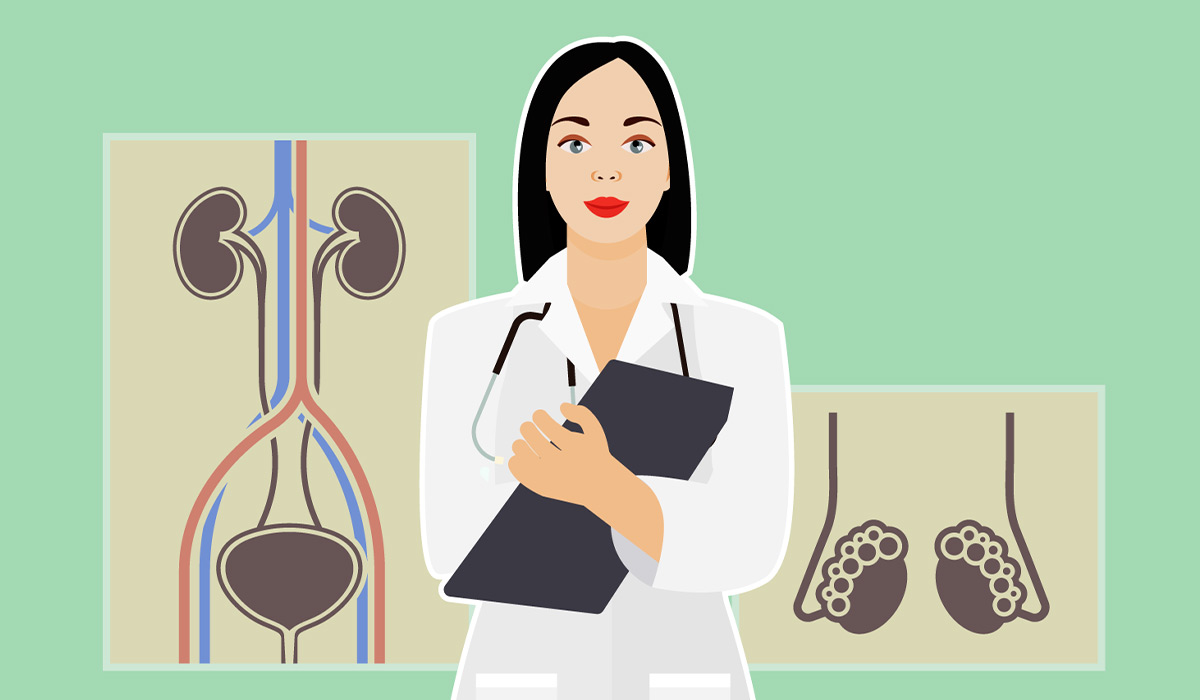
An urologist is a doctor who specializes in the conclusion, administration, and research of issues relating to the male reproductive… read more »
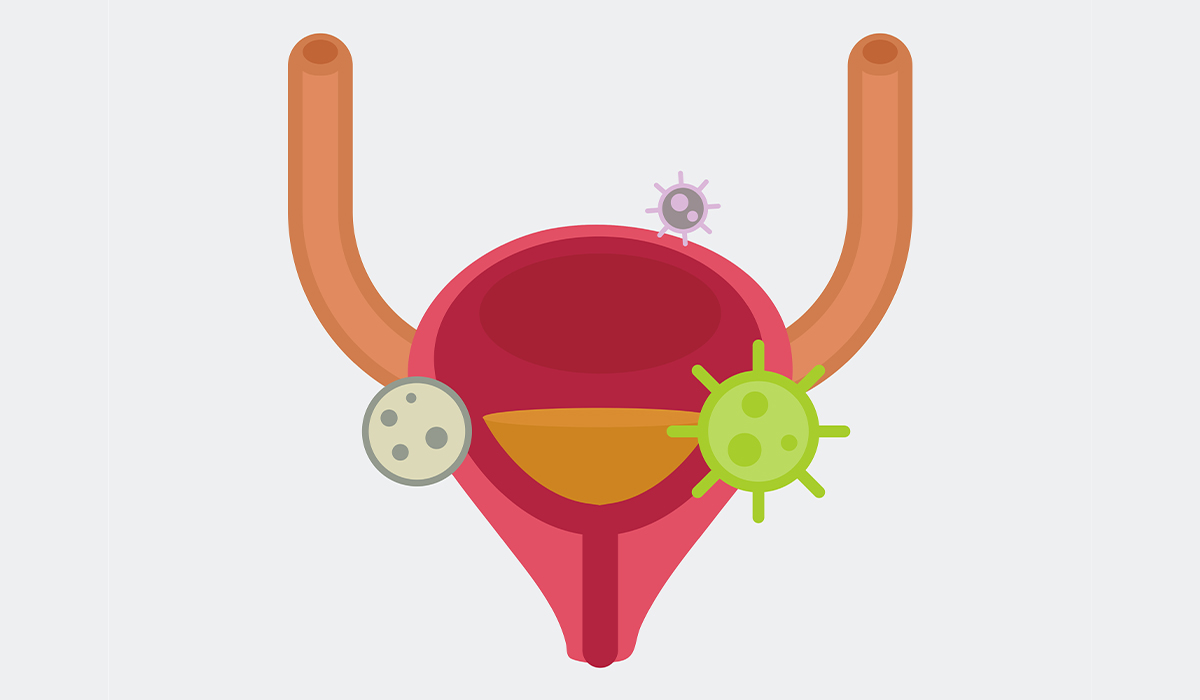
A bladder infection, also known as cystitis, is a type of urinary tract infection that occurs when bacteria enter and… read more »

A nephrologist is a doctor who deals with the kidneys and urinary system. Many symptoms can indicate various diseases related… read more »
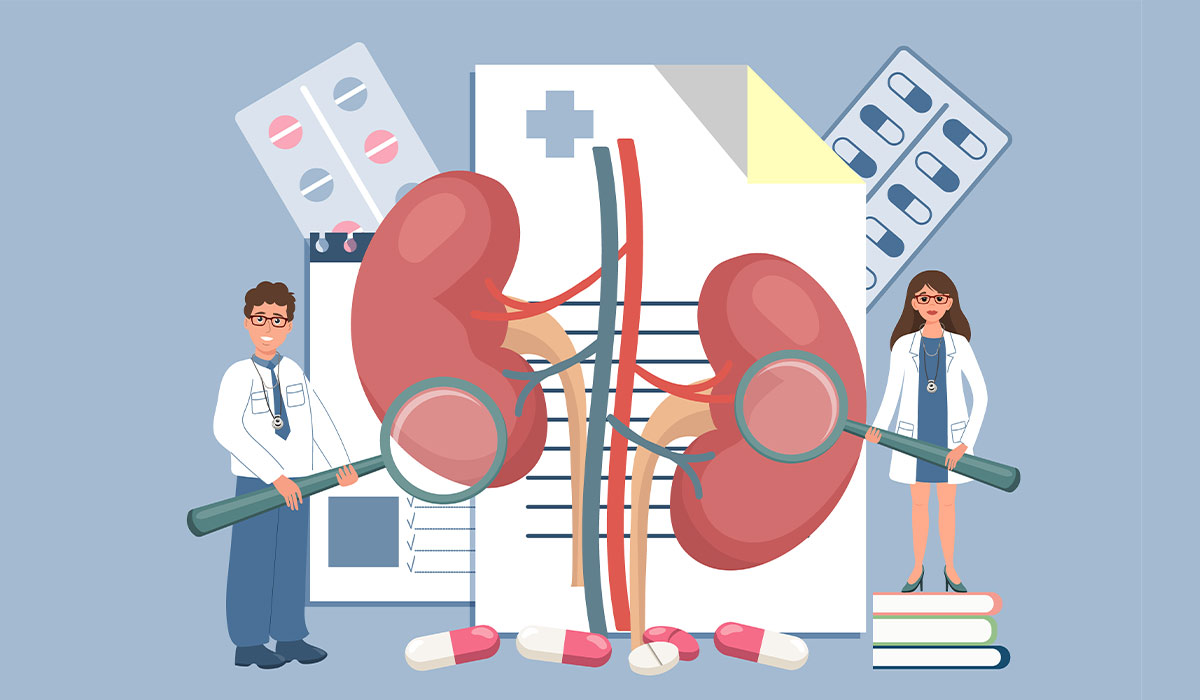
Hydronephrosis is a disease that can have serious complications. Find out how to recognise the condition so that appropriate treatment… read more »

Kidney stones can form for a variety of reasons. Learn about factors that increase the risk of kidney stones. See… read more »
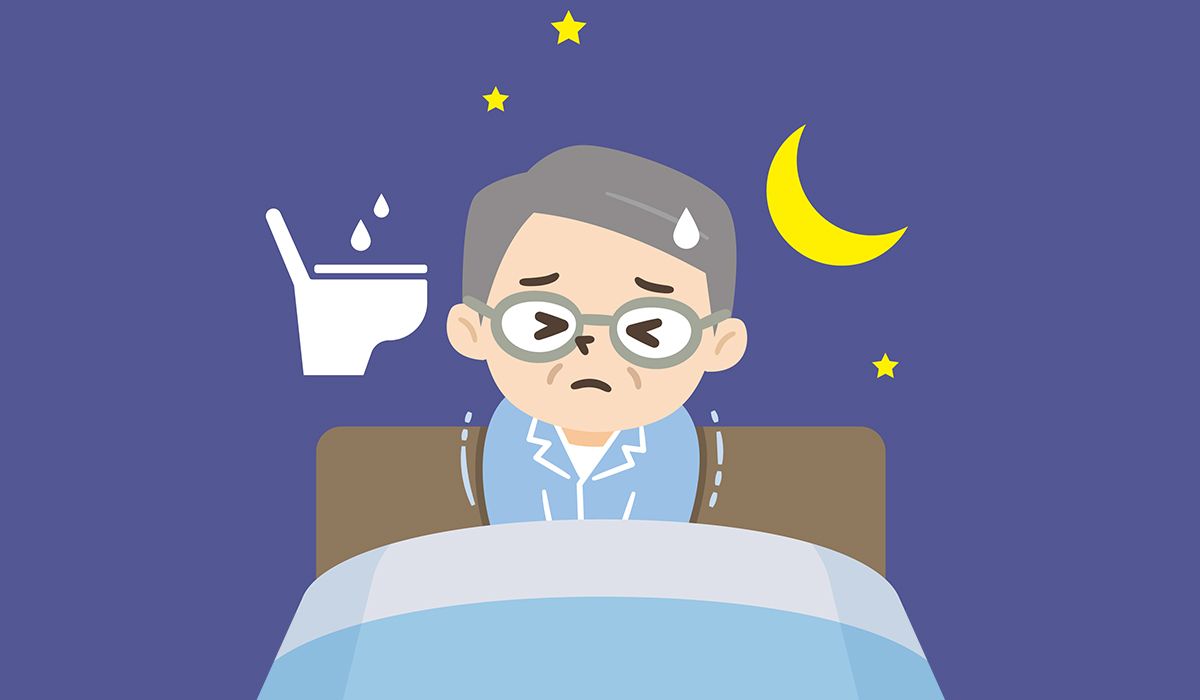
Frequent urination implies that an individual needs to pee more frequently than normal. That can mess up their day-by-day exercises… read more »

Of the many urinary tract diseases, the entity with the most unclear aetiology and difficult to diagnose is interstitial cystitis.… read more »

Staph infection is a common disease. How can you get infected with this bacteria? How to avoid it? Learn all… read more »